Is China's middle class slipping back into poverty?
As the group of people most sensitive to social change, the middle class is a yardstick for measuring the state of China's current economy and a window into the future. At the moment, the signs are there that China's middle class is not doing as well as before, leading to cutting down on spending and saving on daily expenses.

China's latest revenue from personal income tax has added fuel to intense discussions on the fact that the country's middle class is seemingly slipping back into poverty, a topic that has gained traction since the start of the year.
Statistics released by China's finance ministry on 21 March showed that the nation raked in 326.2 billion RMB (US$45.1 billion) in personal income taxes in January and February, a year-on-year decrease of 15.9%.
Put into context with the finance ministry's statement that individuals earning an annual income of less than 100,000 RMB basically do not pay personal tax, the significant drop in personal taxes is mainly due to those with an annual income of more than 100,000 RMB, or what is generally considered as the middle class.
Following the release of the above statistics, "revenue from personal income tax declined" made the list of top searches on Weibo that same day, amassing 180 million views. Netizens commented: "With falling property prices, stock prices, income, bonuses and prices of collectibles, as well as financial storms, the middle class is really facing massive blows from all around."
The poverty traps include: making an impulse investment to start a business; emptying wealth and assets to buy a house; getting an elite education for their children; being someone's guarantor; and blindly investing and managing finances.
The plight of the middle class
Before the idea came up that the middle class is returning to poverty, the so-called "three-piece death kit" (作死三件套) to deplete the middle class' wealth are: a housing loan amounting to nearly 10 million RMB; a spouse without a job; and two children who attend international school.
The "three-piece death kit" has now been upgraded into a "five-piece return-to-poverty kit" (返贫五件套) for the middle class. The poverty traps include: making an impulse investment to start a business; emptying wealth and assets to buy a house; getting an elite education for their children; being someone's guarantor; and blindly investing and managing finances.
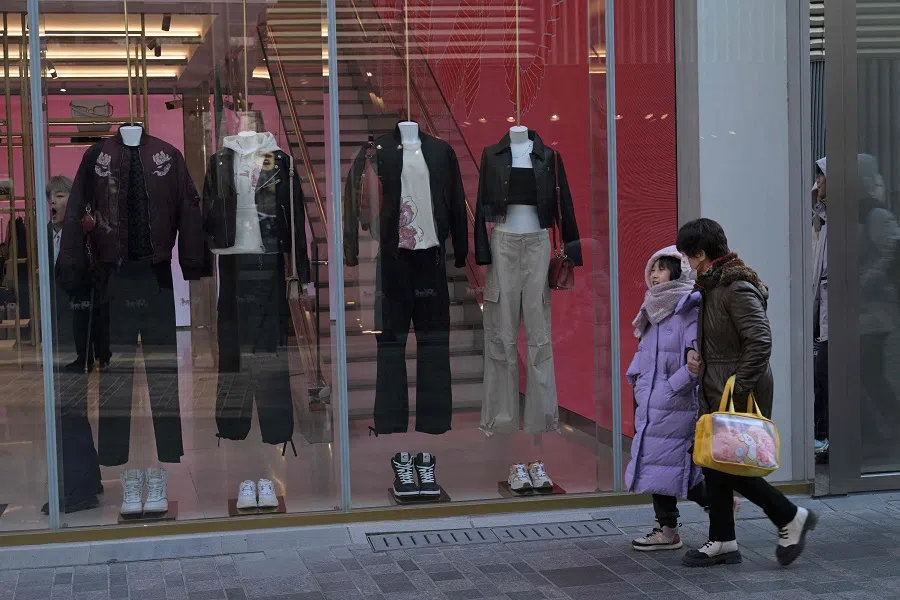
Although the three-piece and five-piece kits are different, both include real estate and children's education. The five-piece kit even added starting a business and making investments, all of which are related to the middle class wallet.
There are also many examples in the media of the country's middle class returning to poverty. For example, the South China Morning Post reported that a 40-year-old sales manager surnamed Li had been retrenched in January this year, meaning that he will have no income to pay for the mortgage, car loan and personal loans of his family of four.
When interviewed, he said it is difficult for him to find a new job given his current salary range; as a middle-aged person, it is also difficult to enter a new industry.
Taiwan's Central News Agency also reported that a white-collar human resources professional in Shanghai had been looking for a new job since late February last year, and sent over 1,000 resumes to companies in Suzhou, Hangzhou and Shanghai, but was only interviewed at a few companies in Shanghai. He was ultimately offered a position at one of these companies and formally joined the company last June.
Although his job title was higher at his new company, his monthly salary was cut to 16,000 RMB with no social insurance, from 25,000 RMB per month previously, with commercial insurance. Also, soon after he joined, the state-owned enterprise basically implemented a 10% pay cut across the board.
... the assets of 43% of new middle-class families shrank in 2023; this figure was 31% in 2022 and 8% in 2021.
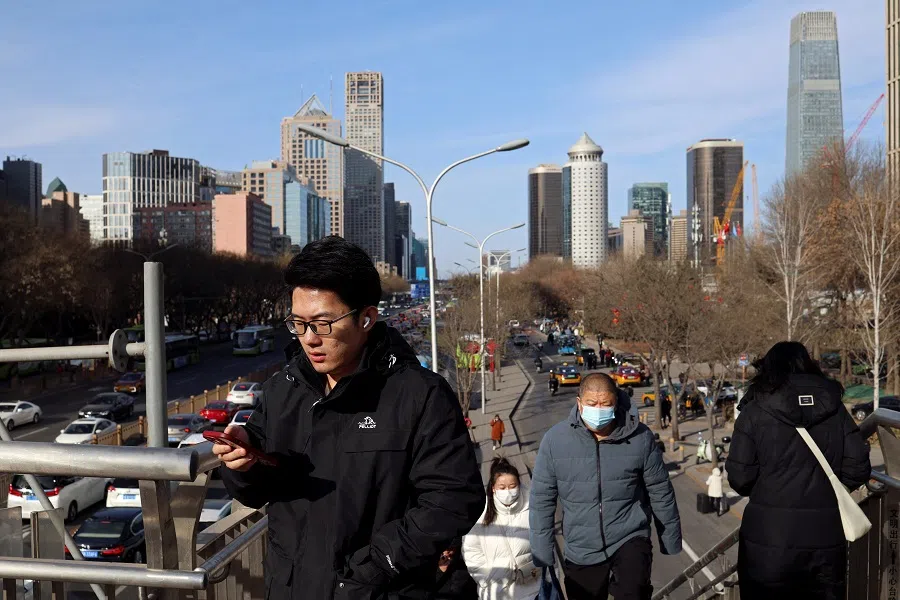
It is also not uncommon for middle-class families to experience shrinking wealth. According to the white paper on China's new middle class (《新中产白皮书》) released in January on Chinese finance we-media platform "Channel Wu" (吴晓波频道), the assets of 43% of new middle-class families shrank in 2023; this figure was 31% in 2022 and 8% in 2021.
The report also found that "careful calculation and strict budgeting" (精打细算) is becoming a consumption habit of a growing number of new middle-class households.
Persistent consumption downgrading
The frugality of China's middle class is displayed in various aspects. Firstly, luxury spending has plummeted.
Bloomberg reported that the sales of Italian label Gucci's products in China have slumped by nearly 20% in this quarter, wiping off US$9 billion of parent company Kering's market value. Also, Swiss watch exports to mainland China fell 25% from a year earlier, while Hong Kong shipments fell 19%.
Secondly, the country's travel-hungry middle class are starting to put off their travel plans. A study conducted by consulting firm Oliver Wyman in September last year found that 22% of respondents who were frequent travellers prior to the Covid-19 pandemic did not have plans to venture abroad for the next three years, up from just 6% in June.
On top of their preference for money-saving meals, 9.90 RMB coffees; six-bread sets for 24 RMB; and even leftover food "blind boxes" have become the choices of the middle class amid the consumption downgrading wave.
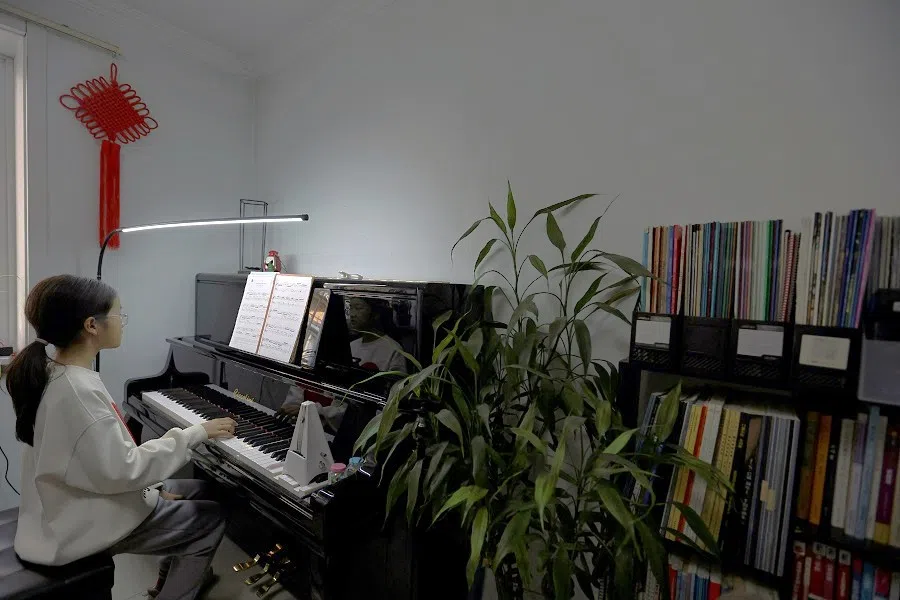
Also, the piano industry, which is closely associated with the middle class, has also been stuck in a predicament over the past two years. As middle-class families no longer consider the piano as a gateway into a higher social status, piano shops of all sizes in first- and second-tier cities are shuttering one after another. Pianos once sold for 50,000 RMB to 60,000 RMB cannot even fetch 5,000 RMB on second-hand resale platforms now.
Apart from big-ticket items such as luxury goods, vacations and piano lessons, China's middle class is also saving whatever they can on daily expenses.
One example is their choice of restaurant. Quoting catering investors, Chinese finance we-media platform "Qin's Talk" (秦朔朋友圈) said on 23 March that the revenue of restaurants offering meals for 50 to 100 RMB per person has soared, along with restaurants priced at 1,000 to 2,000 RMB per pax, while it is the restaurants offering meals for 100 to 150 RMB per pax that are bearing the brunt of the situation.
On top of their preference for money-saving meals, 9.90 RMB coffees; six-bread sets for 24 RMB; and even leftover food "blind boxes" have become the choices of the middle class amid the consumption downgrading wave.
... high-paying jobs, which provide cash flow to the middle class, are also facing waves of pay cuts and retrenchments.
Middle class slipping further?
A commentary titled "Middle Class Slipping Further in 2024" (《2024年,中产继续滑落》) published in Zhihu noted that 2023 is the year the middle class started slipping back into poverty.
The article asserted that the middle class returning to poverty is a foregone conclusion as the two main pillars on which the middle class maintains its social status - well-paying jobs and real estate investments - have both undergone profound changes.
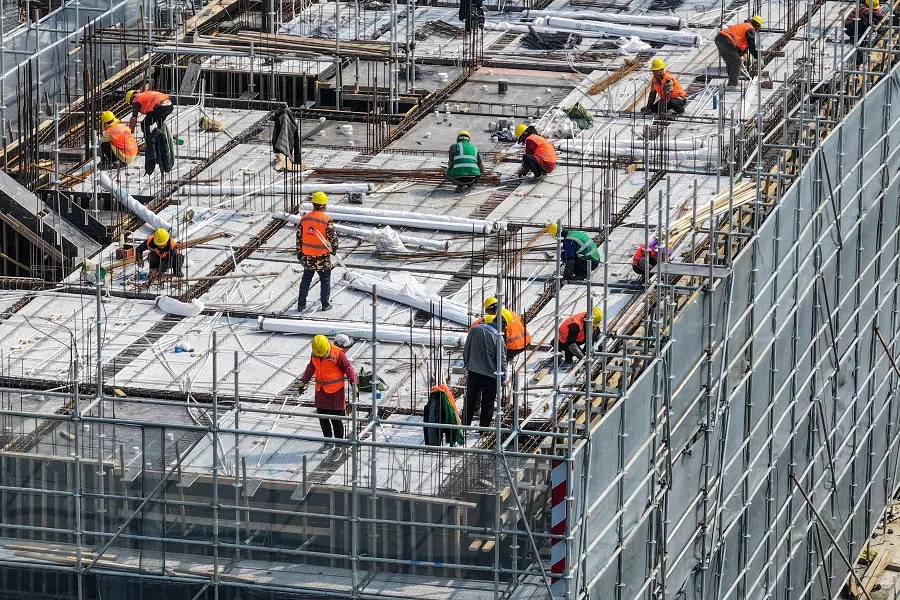
China's property market, which provides a means by which the middle class accumulates assets, has remained sluggish. Last December, new home prices in 70 medium and large cities logged their steepest drop since February 2015. In February this year, average prices for second-hand homes in first-tier cities fell by 6.3% compared to the previous year, the biggest one-month decline since figures were released in 2011.
On the other hand, high-paying jobs, which provide cash flow to the middle class, are also facing waves of pay cuts and retrenchments.
According to data from online recruitment platform Zhaopin compiled by Bloomberg in January, average salaries offered by companies to new hires in 38 key Chinese cities fell a record 1.3% to 10,420 RMB in the fourth quarter of 2023 from a year ago, the third straight quarter of decline and also the longest slide since data on yearly changes were first available in 2016.
The pay cuts affect many industries populated by the middle class, ranging from the property and financial sectors to the civil service, education and healthcare sectors. Even the digital technology and new energy industries, which have been growing rapidly in recent years, were not spared.
Reduced income in turn further affects consumer confidence, forming a vicious circle.
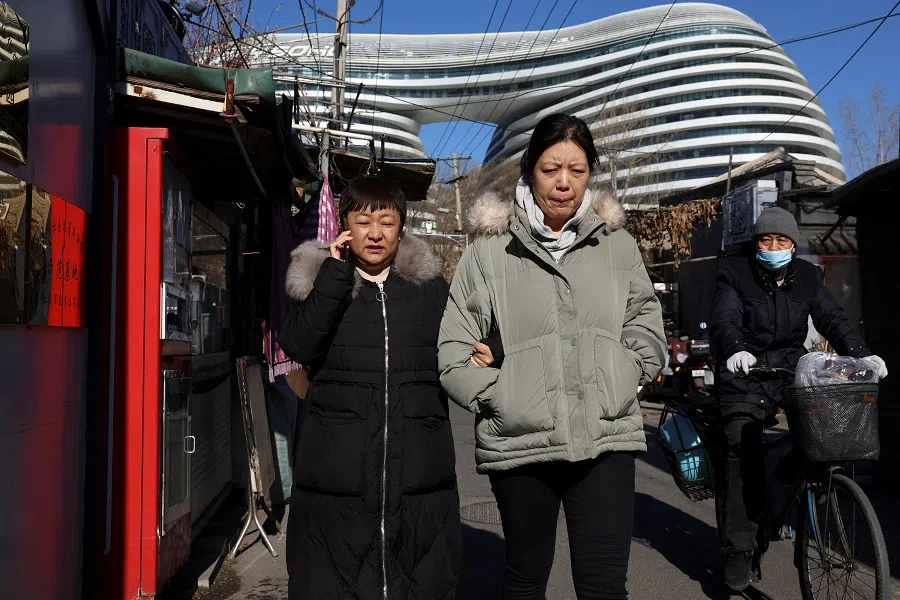
Also, year-end bonuses for the middle class are also shrinking dramatically. A survey released by Zhaopin in January showed that the average year-end bonus for China's white-collar workers was 6,950 RMB in 2023, falling by 1,478 RMB, or 17.5%, from the previous year. Among them, year-end bonuses in the financial sector dropped by as much as 35%, while the average drop in the internet and telecommunications sector also hit 27%.
Reduced income in turn further affects consumer confidence, forming a vicious circle. Liu Yuanchun, a senior government adviser and president of Shanghai University of Finance & Economics, warned last May at the China Macroeconomy Forum that great importance must be attached to the wave of pay cuts as it results in a cycle of price decline and wage income reduction, which has a negative impact on restoring expectations and consumption.
As the group of people most sensitive to social change, the middle class is a yardstick for measuring the state of China's current economy and a window into the future. While it may be too grim to say that the middle class is "returning to poverty", the so-called "poverty crisis" that China's middle class is facing today essentially reveals the heavy financial burden and anxiety of many people, not necessarily that their incomes have really fallen below the poverty line. However, this anxiety is perhaps a reality that a growing number of Chinese are facing.
This article was first published in Lianhe Zaobao as "中国中产陷入返贫危机?".





